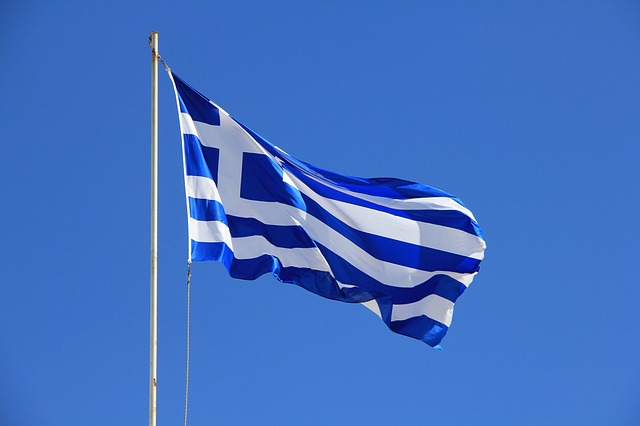The outcome of the weekend's political meetings regarding Greece's latest proposal to creditors will be an important driver of the EUR in the first part of this week.
The EUR's reaction is likely to be asymmetric - a rejection of Greece's proposals by the creditors will likely drive a sharper sell-off in the EUR than any rally under a more positive outcome.
First, the market is poorly positioned for a negative outcome as price action on Friday was consistent with a high degree of optimism as European equities rallied, peripheral European bond spreads narrowed, EUR rallied and EUR implied volatility fell.
Second, the first line of defence against contagion is likely to be the ECB's QE programme, with the ECB possibly frontloading some of the purchases to mitigate widening periphery spreads. A frontloading of EGB purchases will likely drive a sharp fall in the EUR.
In this respect, Thursday's ECB meeting will likely see President Draghi answer queries about Greece, eg, the ECB's stance on the ELA for Greek banks, and policy responses should financial market/economic conditions deteriorate and contagion intensifies. ECB may respond with measures before the Thursday MPC meeting should market conditions deteriorate rapidly under a 'no' outcome for the third bailout negotiations on Sunday.
The market will likely underprice the risks of increased volatility and stay short EURUSD spot.
In the event of agreement, a modest continuation of Friday's EUR appreciation and declining implied volatility is likely excpected. However, the EUR rally is likely to be short-lived and it is recommended using any appreciation to initiate short EURUSD positions.
FX markets should quickly re-focus on fundamentals which augur for significant EURUSD depreciation as respective monetary policy stances diverge and a large degree of economic slack weighs on euro area returns to capital.
More broadly, currencies that are sensitive to equity movements, such as CAD, AUD, NOK and NZD, may temporarily benefit from a Greek agreement but negative fundamentals in most cases should temper the degree of appreciation, according to Barclays Research.



 FxWirePro- Major Crypto levels and bias summary
FxWirePro- Major Crypto levels and bias summary  Federal Reserve Faces Subpoena Delay Amid Investigation Into Chair Jerome Powell
Federal Reserve Faces Subpoena Delay Amid Investigation Into Chair Jerome Powell  RBA Expected to Raise Interest Rates by 25 Basis Points in February, ANZ Forecast Says
RBA Expected to Raise Interest Rates by 25 Basis Points in February, ANZ Forecast Says  Why Trump’s new pick for Fed chair hit gold and silver markets – for good reasons
Why Trump’s new pick for Fed chair hit gold and silver markets – for good reasons  Bank of England Expected to Hold Interest Rates at 3.75% as Inflation Remains Elevated
Bank of England Expected to Hold Interest Rates at 3.75% as Inflation Remains Elevated  Nasdaq Proposes Fast-Track Rule to Accelerate Index Inclusion for Major New Listings
Nasdaq Proposes Fast-Track Rule to Accelerate Index Inclusion for Major New Listings  China Extends Gold Buying Streak as Reserves Surge Despite Volatile Prices
China Extends Gold Buying Streak as Reserves Surge Despite Volatile Prices 































